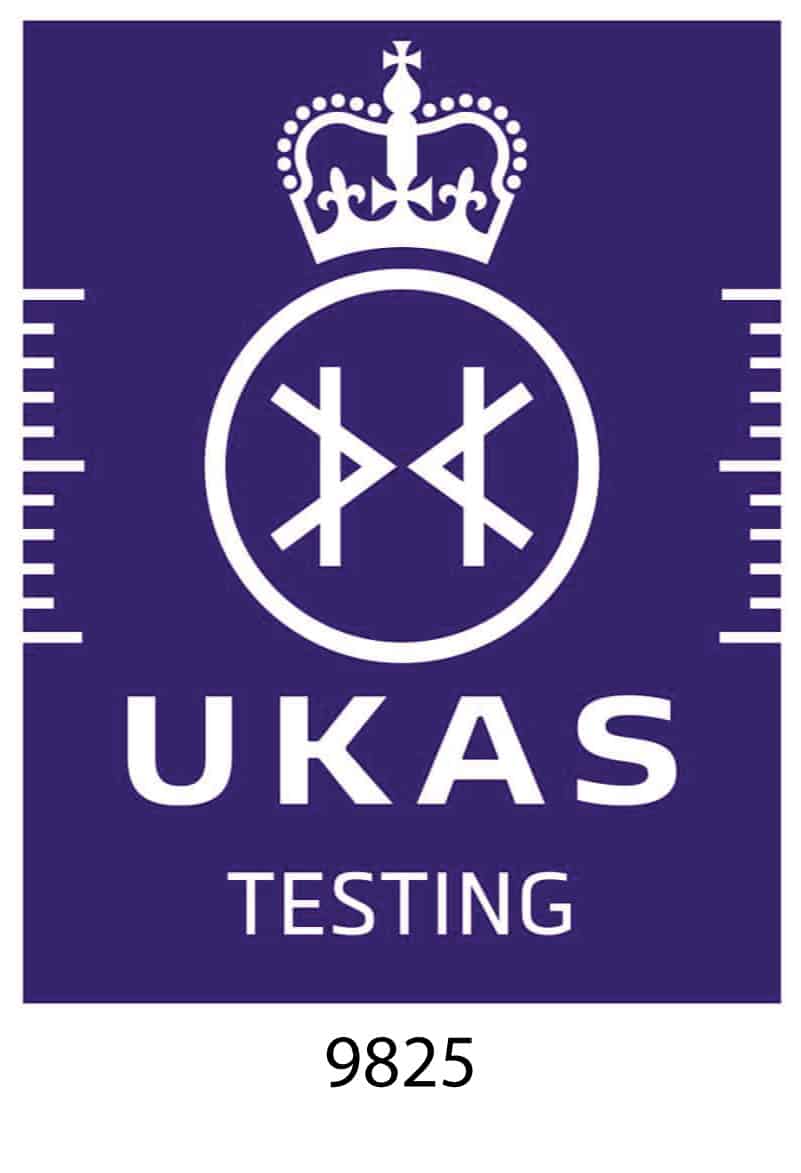It is becoming an increasing necessity to those operating large scale businesses, but what actually is a commercial energy audit?
One of the most significant operating costs in a business is, of course, energy. Energy prices have risen steadily during the last two decades. At the same time, global pressure for increased energy efficiency and pollution reduction has grown. This has increased the need for commercial energy audits in most businesses.
What kind of energy audit will you need?
We at Airtightness Solutions provide two main types of energy efficiency assessments: The Standard Assessment Procedure (SAP) and the SBEM (Simplified Building Energy Model).
A great way to get an idea of your energy emission levels is to have an SAP (Standard assessment procedure) calculation carried out on your place of business to figure out where you stand and what can be improved.
A lower score indicates that the home being assessed has a higher energy operating cost. The primary reason SAP calculations are performed on new construction projects is to determine how to design the most energy-efficient structure.
When computing an SAP, a number of criteria are considered. These factors will have an impact on your final grade. Here are a few examples:
- The results of the ventilation and airtightness tests.
- The type of building materials and insulation utilised in the construction of the home.
- Renewable energy technology, such as thermal heat pumps and solar panels, are installed.
- The efficiency and management of the building’s heating system.
- Water heating method, as well as space, ventilation, and illumination preferences.
- Gains from the sun and solar sources.
- Heating system productivity and control
Why do I need an energy audit?
Energy audits not only save money by identifying where energy is wasted, but they also contribute to a greener business model. Without an audit, firms may unnecessarily consume more energy than is required, increasing their costs.
As natural resources become scarcer, we must become more energy efficient. Conserving energy not only benefits your company in the short term, but it also helps the environment in the long run.
Benefits of a commercial audit
It’s important to understand how your energy usage blends legal and moral duty with policies that undoubtedly provide businesses and corporations a competitive edge in an age of focused corporate responsibility, climate change, and environmental awareness.
Here are some of the ways that an energy audit like the ones provided by Airtightness Solutions could benefit your business.
Improvement of the building
Energy audits provide useful data on energy consumption that can assist stakeholders in determining whether energy efficiency initiatives are worthwhile to engage in. This increases their involvement while also improving building control, automation, and self-regulation.
Additionally, energy audits enable you to identify and correct system flaws quickly. You can control maintenance activities to minimise further malfunctions and downtimes, thereby extending the equipment’s lifespan.
Excellent value for money
Having an energy-efficient building is a great idea simply because it will save you a huge amount of money in the long run. Improved operational efficiency and lower maintenance costs mean that you will inevitably find yourself spending less on your buildings day to day operations, which over an extended period of time can really build up.
Also upgrading your building to be more energy efficient will increase its resale value and make it a more desirable place to work. Tenants will be willing to pay higher occupancy rates for green infrastructure because it is more appealing to them.
Helping save the environment
Arguably the most important factor that should be affecting your decision on whether or not to go green would be the
Commercial energy audits enable you to apply environmentally conscious energy-saving measures while we live in a carbon-intensive planet. Stakeholders also want to put their money into buildings that have a lower carbon footprint and lower energy expenditures.
Intangibles
There are many positive impacts of being as sustainable as possible that may not be as obvious at first glance. These include but are not limited to: Having a better reputation for your company, better customer loyalty, a better quality of life for you and your employees and having a possible advantage over competitors that are not energy compliant.
A business energy audit, regardless of its aim, provides you with the information you need to better understand your building and make any improvements. It assists you in determining how to make the most of the available energy while spending the least amount of money on overhead. If you have any questions about commercial energy audits or would like to book yours, get in touch with our team.





